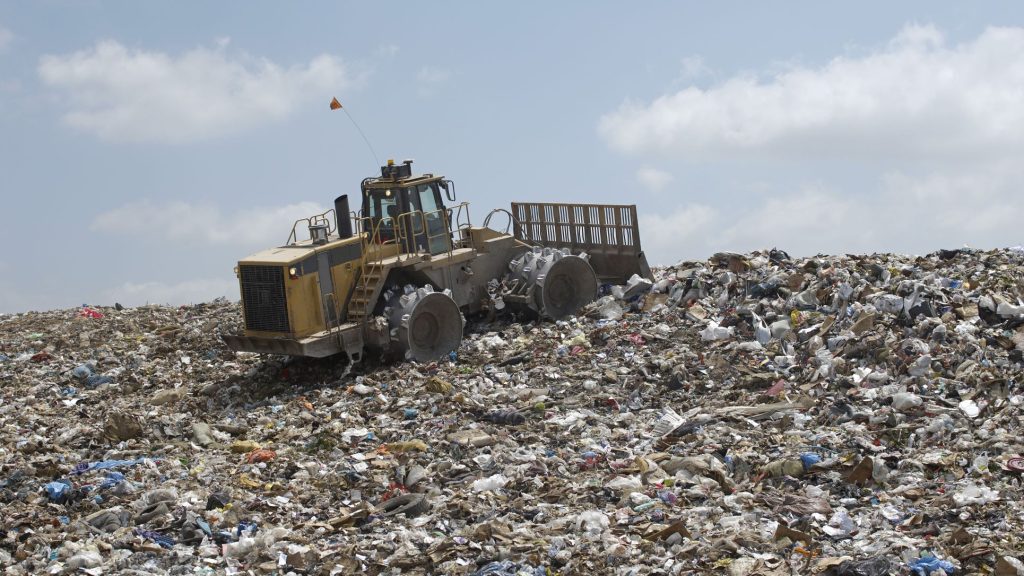Waste Types That Tips Accept

The UK population has one thing on their mind at the moment, and that’s going green. This is likely because it’s never been more important to protect the planet, and we all have a role to play. For example, last year, Morrisons trialled zero-waste stores to cut down on plastic waste, while other businesses are making drastic changes in order to become more environmentally conscious.
However, on a personal level, there are also specific changes that we can make in our daily lives to be a little greener in our daily lives. For example, you should be mindful of how not only how much waste you are producing but how you dispose of it. This is one of the easiest ways in which we can go about solving our waste problem.
While much of your waste may be collected by local councils, sometimes you have to take things into your own hands and rely on a local Tip. One of the benefits of disposing of your waste at a tip is that it makes separating your waste easy and straightforward, allowing for many products to be sent to the appropriate disposal or recycling facilities. This means that you can work on reducing the impact your shopping habits have on the planet.
Tips usually accept a wide variety of waste types. This includes:
Recyclables. Many household items, from plastic bottles to glass jars, are recyclable – and by dropping them off at a tip, you’ll know that these products will be given a second life elsewhere. Many skips offer a range of recycling bins for products such as:
- Paper
- Cardboard
- Plastic
- Glass.
- Metals
General Waste. General waste refers to any items that cannot be recycled, such as those that you usually place into your black bin at home. When running a business, you’ll likely produce high volumes of this waste type, but will not have access to the same waste collections. As such, a Tip or a similar collection service can be a great way to handle your general waste in a sustainable way.
Bulky waste. One of the main benefits of using tips is that they provide you with a suitable place to dispose of bulky waste – meaning any items that you’d be hard-pressed to fit into a regular bin or skip. For example, this could include household fixtures like fridges or washing machines.
Potentially hazardous waste. Tips also allow you to dispose of any waste that could be considered hazardous safely – protecting not only the environment but those around you. For example, this could include batteries which, if discarded incorrectly, can cause a great deal of environmental damage. This is due to the fact that they will leak, releasing a range of chemicals into the surrounding area, such as lead and mercury. This can contaminate soil and even pollute water sources. As a result, it’s vital that you ensure any hazardous waste you produce is disposed of in a secure and sustainable manner, especially if it is produced in the running of your business.




